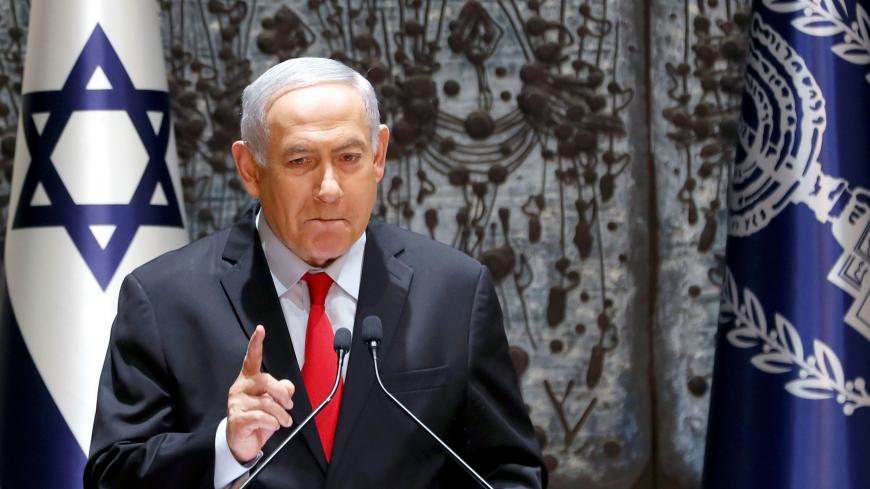Negotiations for the formation of the next coalition officially open on April 28, but informal negotiations are already underway and the demand for portfolios in the emerging government far outweighs supply. In order to form his next government, Prime Minister Benjamin Netanyahu will have to give in to the demands of five prospective coalition partners. The five include head of the Yisrael Beitenu party Avigdor Liberman, chair of the Kulanu Party Moshe Kahlon, the ultra-Orthodox Shas and Yahadut HaTorah parties, and the United Right alliance to which he has already promised two significant ministerial positions. Most senior members of Netanyahu’s own Likud party will be last in line.
In order to satisfy all these demands, Netanyahu will have to amend the Basic Law: The Government, which limits the number of ministers to 18 as per a 2014 demand by then coalition partner Yair Lapid, head of the centrist Yesh Atid party. Current assessments put the number of ministers in the next government at 26, maybe more. In order to satisfy the appetite for portfolios, the coalition representatives must get ministries with bombastic names (but little substance), such as the Ministry of Regional Development. This will also require splitting some ministries joined together in the past — such as Minister Miri Regev’s Ministry of Culture and Sports — to provide two ministerial slots, or reconstituting defunct ministries such as the Ministry of Minority Affairs.



